📚 4 Books mentioned in "Is It Wrong to Enjoy Yourself While the World Is Burning? | No Stupid Questions | Episode 132" of No Stupid Questions
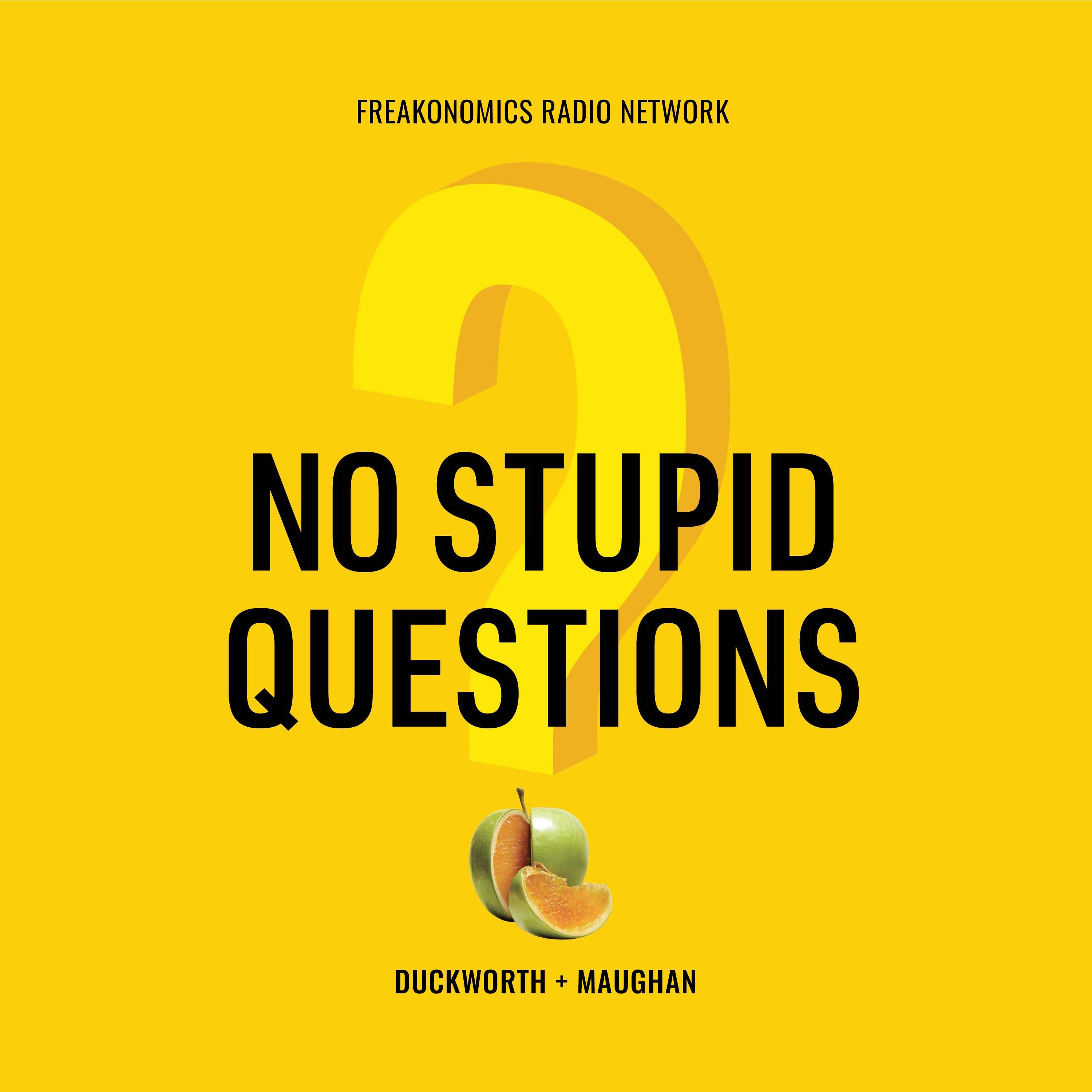
Podcast: No Stupid Questions
Episode: Is It Wrong to Enjoy Yourself While the World Is Burning? | No Stupid Questions | Episode 132
Published on January 31, 2023
Here’s a list of all the books mentioned in this episode. Click on the links to watch specific excerpts on YouTube and feel free to purchase the books if they caught your interest!
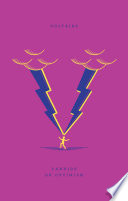
Candide
Buy Candide by Francois Voltaire on Amazon
I remember reading in French class—I think it was junior year—and Dr. Roland had assigned Candide by Voltaire, and I hated it, by the way!
Angela recalls her experience reading 'Candide' by Voltaire in her junior year French class, expressing her dislike for the book, which relates to a broader discussion on the moral of the story.
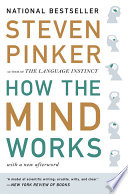
How the Mind Works
Buy How the Mind Works by Steven Pinker on Amazon
Pinker wrote a book about it; I think he did a really good job summarizing it.
In this excerpt, Stephen Dubner highlights that Stephen Pinker authored a book that effectively summarizes the argument that global measures of human prosperity are improving. This discussion arises in the context of whether the world is 'burning'.
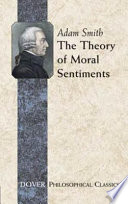
The Theory of Moral Sentiments
Buy The Theory of Moral Sentiments by Adam Smith on Amazon
Well, the Theory of Moral Sentiments...
In the episode, Angela Duckworth refers to Adam Smith's book 'The Theory of Moral Sentiments' while discussing concepts related to moral circles and self-interest.
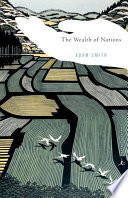
The Wealth of Nations
Buy The Wealth of Nations by Adam Smith on Amazon
Self-interest was something that he wrote a bit about in his later book The Wealth of Nations, but in the Theory of Moral Sentiments he writes about our self-concern in a way that I think would help modern people look at it in a different light.
In this segment, Angela Duckworth discusses Adam Smith's book 'The Wealth of Nations,' highlighting it as a significant work that addresses the concept of self-interest, contrasting it with his earlier work, 'The Theory of Moral Sentiments.' Duckworth suggests that Smith's insights could provide a fresh perspective for today's readers.
